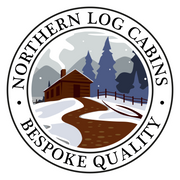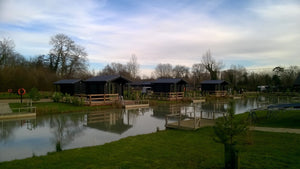Caravan Act
Navigating the intricacies of the UK Caravan Act Policy and BS3632 Regulations can significantly impact the installation and use of log cabins within the UK. This guide aims to provide a comprehensive overview of these regulations, helping homeowners, developers, and enthusiasts understand how they apply to log cabins and mobile homes.
The Caravan Act: A Brief Overview
The Caravan Sites and Control of Development Act 1960, along with the Caravan Sites Act 1968, collectively referred to as the Caravan Act, plays a pivotal role in defining the legal framework for caravans, including mobile homes, transportable buildings, and by extension, certain types of log cabins. Under the Caravan Act 1968, structures that meet specific criteria regarding mobility and size are classified as "caravans" for legal purposes.
Key Criteria Under the Caravan Act
For a log cabin to fall under the definition of a caravan, it must be:
- Transportable: The structure must be capable of being moved to another place as a whole or in sections.
- Size Restrictions: It should not exceed certain dimensions. The Act specifies that twin units should not be more than 20 meters long, 6.8 meters wide, and the living area should not exceed 3.05 meters in height from the internal floor to the ceiling.
Planning Permission and the Caravan Act
While the Caravan Act provides some flexibility regarding planning permissions, it's crucial to note that this does not exempt owners from seeking relevant approvals. Structures classified under the Caravan Act may still require planning permission depending on their intended use, location, and other local planning policies. However, they are often subject to a different set of criteria compared to permanent buildings.
Understanding BS3632 Regulations
The BS3632 standard refers to the specification for residential park homes, including mobile homes and lodges, ensuring they are suitable for year-round residential use. This standard covers various aspects such as thermal insulation, sound insulation, safety, and durability. For log cabins and mobile homes designated as permanent residences, compliance with BS3632 ensures that they meet the necessary living conditions, particularly regarding energy efficiency and comfort.
Importance of Compliance
Compliance with both the Caravan Act and BS3632 Regulations is essential for several reasons:
- Legal: Ensures the structure is legally recognized and avoids potential issues with local authorities.
- Comfort: BS3632 compliant homes are designed to be comfortable and energy-efficient, suitable for all-year living.
- Resale and Insurance: Compliant structures are easier to insure and may have a higher resale value.
Conclusion
Whether you're installing a log cabin as a garden retreat or considering a mobile home for residential purposes, understanding the Caravan Act and BS3632 Regulations is crucial. These regulations ensure that your structure not only meets legal standards but also provides a safe, comfortable, and energy-efficient living environment. Always consult with local planning authorities and professionals to ensure full compliance and to navigate the specifics of your project effectively.



